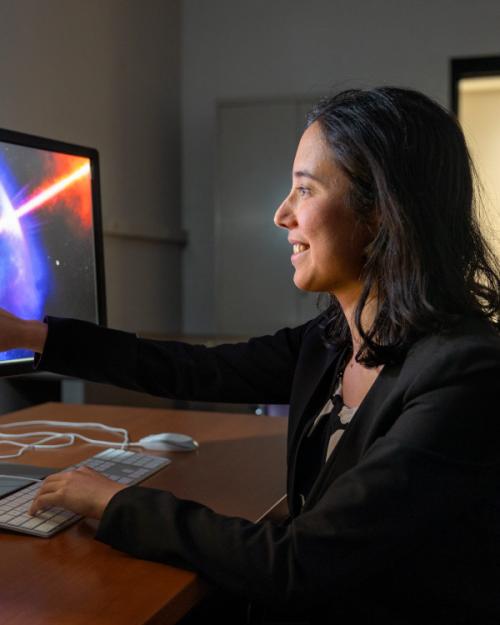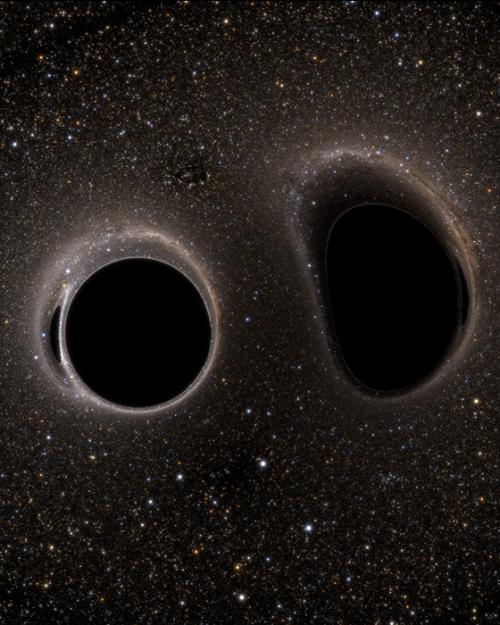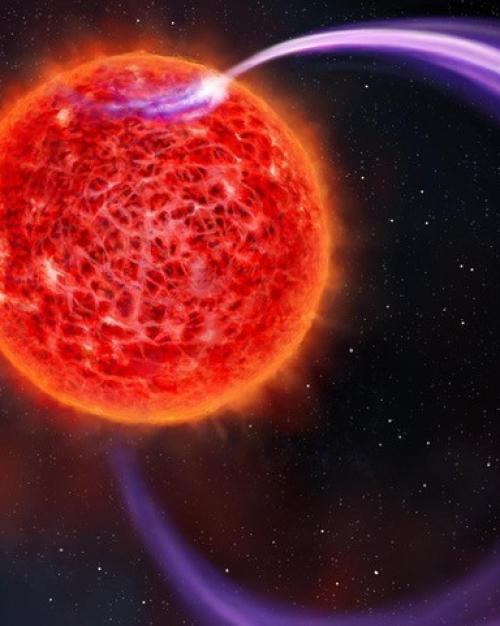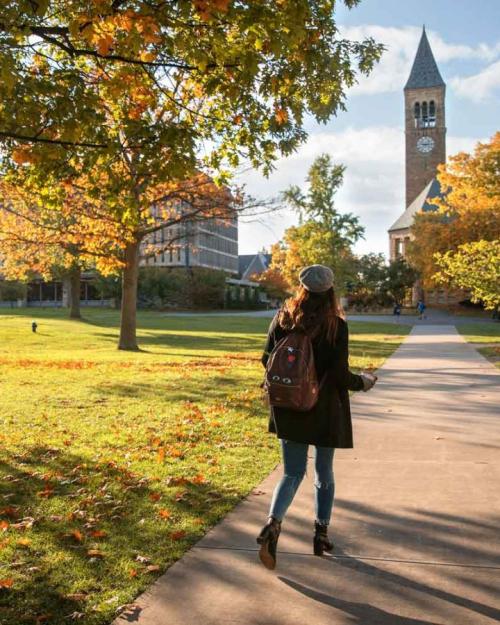Exciting New Science Ahead: JWST Selects 274 Research Programs for Cycle 4
The Space Telescope Science Institute (STScI) has selected 274 new research programs for Cycle 4 of the James Webb Space Telescope (JWST), marking another major step in unlocking the mysteries of the universe! These programs were chosen from a highly competitive pool of 2,377 proposals submitted by scientists around the world, reflecting the best and most exciting ideas for JWST’s next year of exploration.
Why This Matters
Cycle 4 represents JWST’s largest research program to date, with approximately 8,500 hours of observation time allocated to studies that span the breadth of cosmic science. From investigating planets in our own solar system and distant exoplanets to exploring galaxies and the first stars that formed after the Big Bang, these selected projects will push the boundaries of our understanding of the universe.
Cornell’s Contribution
Today (Tuesday, March 11th), STScI announced the JWST Cycle 4 General Observer Program results. The demand for observing time was intense—2,377 proposals requested more than 75,000 hours, with only 8,500 hours available (a 10:1 oversubscription rate). Members of Cornell’s Substellar Explorers group, led by Prof. Nikole Lewis, are involved in more than 350 hours of awarded JWST observing time across multiple programs. Notably, Graduate Student Elijah Mullens and Postdoctoral Researchers Ryan Challener and Lili Alderson secured time as Principal Investigators or Co-Principal Investigators, a significant achievement. Many Cornell alumni also earned JWST time in Cycle 4, highlighting the strength of our community in advancing astrophysical research.
A Global Collaboration
The selected proposals were submitted by more than 2,100 investigators from 39 countries and 41 U.S. states, demonstrating the truly international nature of JWST’s mission. Notably, 41% of these projects are led by first-time JWST or Hubble Space Telescope Principal Investigators, ensuring fresh perspectives and innovative ideas.
What’s Next?
These programs will shape JWST’s fourth year of operations, building on the groundbreaking discoveries made since the telescope’s launch. Some of the largest programs will provide the astronomy community with immediate access to over 2,196 hours of data, enabling rapid scientific progress.
As JWST embarks on another exciting year, stay tuned for the incredible discoveries that lie ahead!





